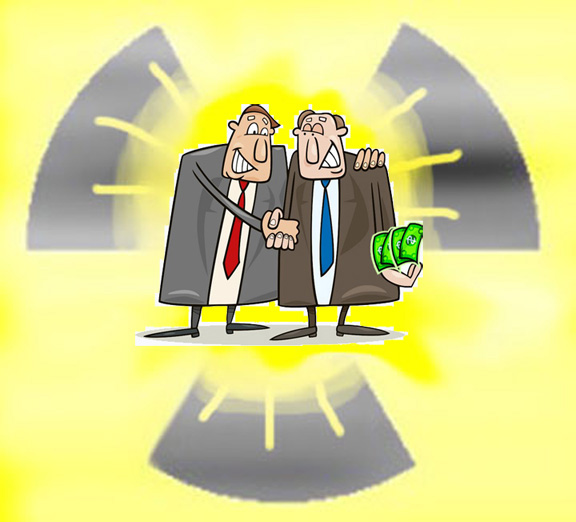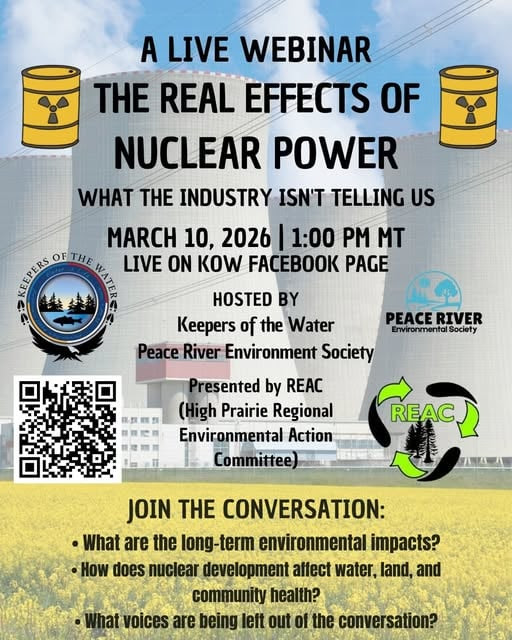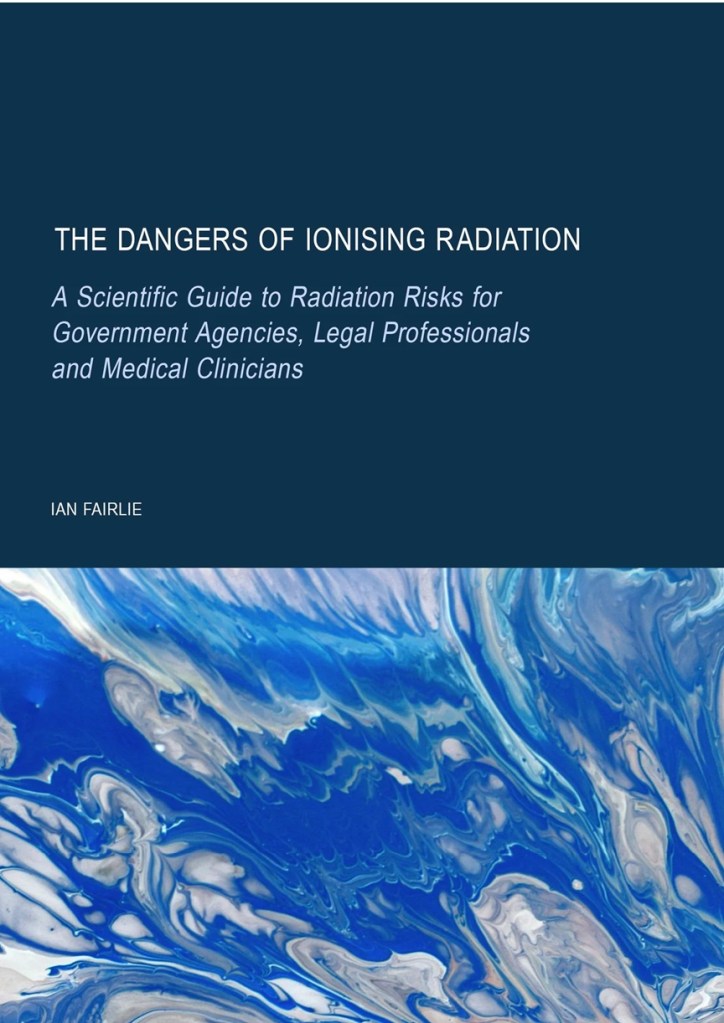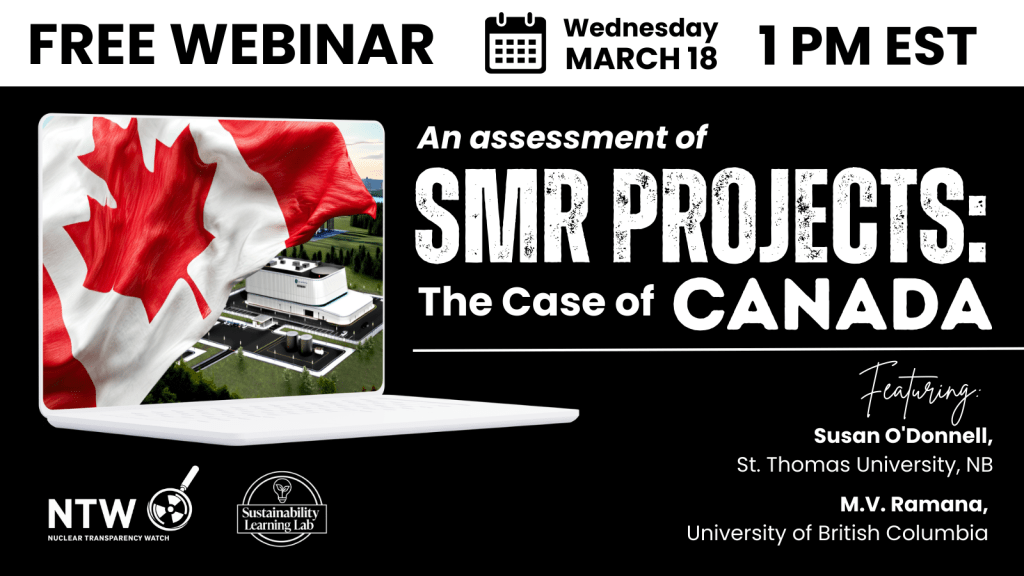Has the nuclear lobby hijacked Welsh democracy?

25 Feb 2024, Robat Idris https://nation.cymru/opinion/has-the-nuclear-lobby-hijacked-welsh-democracy/
A sadly but unsurprising travesty of democracy slid out of Cardiff Bay with the release of the Senedd’s Economy, Trade and Rural Affairs Committee report on “Nuclear Energy and the Welsh Economy” on 21st February.
As a case study in lobbying power, it is surely worthy of inclusion in the Hall of Infamy.
Its recommendations could have been written by the nuclear lobby itself, rather than by our democratically elected Senedd Members.
Despite the collapse of the Wylfa project in 2019, all of the recommendations enthusiastically back the case for nuclear, with a plea to the UK Government to get on with the job. Einstein reportedly said: “Insanity is doing the same thing over and over again and expecting different results”.
Informed voices
If we are to have a credible Senedd, and a real democracy, then it is crucial that informed voices are heard.
This report, pandering to the self-interest of denizens of the nuclear village, merely reinforces the view that politics is about kowtowing to powerful corporate interests.
Meanwhile Cymru bleeds while real and credible solutions to energy and jobs exist.
The blurb preceding the report assures us that: “The Welsh Parliament is the democratically elected body that represents the interests of Wales and its people”. Yet this Committee took oral evidence from nine pro-nuclear individuals, and written evidence from six pro-nuclear organisations, and none from any individual or organisation having an anti-nuclear or indeed a sceptical view.
The rationale for this appears to be that the terms of reference deliberately chose not to include other voices:
“The terms of reference for this one-day inquiry were to consider the potential economic impact of new nuclear developments in north Wales, how to maximise local employment and benefits to local or Wales-based supply chains of new nuclear projects, and the challenges posed by skills shortages and how to overcome them. By its nature the inquiry did not examine the pros and cons of nuclear energy itself, but recognised its place in an overall energy security strategy and net zero targets.”
Apparently the only relevant voices are those backing nuclear.
The committee’s duty is to the people of Cymru, and not to the nuclear industry, or to the desire of the UK to remain a nuclear armed state.
Balanced view
As should be apparent if the Wellbeing of Future Generations Act is taken seriously. This is such a vital matter that evidence should be given to the committee which would enable its members to form a fully informed and balanced view on nuclear energy.
Why wasn’t evidence sought from experts and interested parties on such questions as:
- why new nuclear may never happen.
- why nuclear can’t be built in time to influence climate change.
- why should Cymru support civil nuclear when the UK Government admits its intrinsic links with military nuclear weapons capability?
- why should such reliance be placed on the voices of an industry which consistently fails to deliver on cost and on time?
- why should Cymru accept nuclear when renewable energy technology can provide 100% of our energy needs?
- why should Ynys Môn and Gwynedd become a nuclear dump to satisfy the needs of the nuclear industry and the UK state?
- why should we believe that the effects on language, culture, biodiversity can be mitigated?
- why have an influx of workers at a time when housing is a major issue for local people, when the NHS is on the point of collapse, when council services are creaking?
- why does the Welsh Government not acknowledge that nuclear is in retreat globally?
It’s time to recognise that the priority for Cymru is to look to our own natural resources for energy and job solutions. If fully harnessed, offshore wind has the potential to provide double our energy needs.
And why don’t our Senedd Members look critically at the companies which gave evidence?
- In 2020 the American company Bechtel had to pay (with another company) $57.5 million to the US Department of Justice for irregularities at the Hanford Waste Treatment Plant (Hanford is considered to be the most toxic nuclear waste facility in the US). In 2008 it had to pay (with another company) $407 million to the state and federal governments to settle litigation over leaky tunnels and a fatal ceiling collapse in the Boston Big Dig project.
- Rolls-Royce make the nuclear engines for Trident submarines which carry nuclear weapons. The company has publicly stated that there are synergies between the civil and military nuclear industries. Its Small Modular Reactor Design is unlicenced and unproven, and as for being small, it is at 470 MW twice the size of the old Trawsfynydd reactors. Rolls-Royce’s new CEO Tufan Erginbilgic described the company as a “burning platform” as 2.500 job cuts were announced in 2023.
Caught up amongst the corporate and academic behemoths, Ynys Môn council leader Llinos Medi inherited the poisoned chalice of support for nuclear from her predecessors. Like many of us on Ynys Môn, she has a burning desire for our youngsters to have a future locally, and for the language to thrive.
Can she be persuaded that another, better, way can be found?
The Council’s support for a future project at Wylfa is “based on confirmation that the development is sustainable and that it should not be at the expense of the island’s communities”. Nowhere on the globe is nuclear sustainable, and communities worldwide have paid the price. Not only in Chernobyl and Fukushima, but in many countries where uranium is mined and land, water and workers are poisoned.
On Saturday 16th March PAWB (People Against Wylfa B), backed by other concerned organisations, is holding an open meeting called “Green Revolution – Opportunity Knocks” to open minds to the possibilities of truly sustainable economic and community growth in Ynys Môn and Gwynedd. Perhaps members of the Economy, Trade and Rural Affairs Committee should attend!
Robat Idris is a member of PAWB. He is also vice-chair of Cymdeithas y Cymod, member of CND Cymru and past chair of Cymdeithas yr Iaith. He contributed a chapter on “Atomic Wales” in “The Welsh Way”.
No comments yet.
-
Archives
- February 2026 (256)
- January 2026 (308)
- December 2025 (358)
- November 2025 (359)
- October 2025 (376)
- September 2025 (258)
- August 2025 (319)
- July 2025 (230)
- June 2025 (348)
- May 2025 (261)
- April 2025 (305)
- March 2025 (319)
-
Categories
- 1
- 1 NUCLEAR ISSUES
- business and costs
- climate change
- culture and arts
- ENERGY
- environment
- health
- history
- indigenous issues
- Legal
- marketing of nuclear
- media
- opposition to nuclear
- PERSONAL STORIES
- politics
- politics international
- Religion and ethics
- safety
- secrets,lies and civil liberties
- spinbuster
- technology
- Uranium
- wastes
- weapons and war
- Women
- 2 WORLD
- ACTION
- AFRICA
- Atrocities
- AUSTRALIA
- Christina's notes
- Christina's themes
- culture and arts
- Events
- Fuk 2022
- Fuk 2023
- Fukushima 2017
- Fukushima 2018
- fukushima 2019
- Fukushima 2020
- Fukushima 2021
- general
- global warming
- Humour (God we need it)
- Nuclear
- RARE EARTHS
- Reference
- resources – print
- Resources -audiovicual
- Weekly Newsletter
- World
- World Nuclear
- YouTube
-
RSS
Entries RSS
Comments RSS




Leave a comment